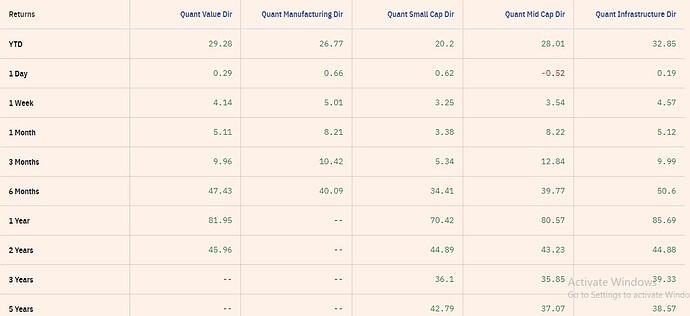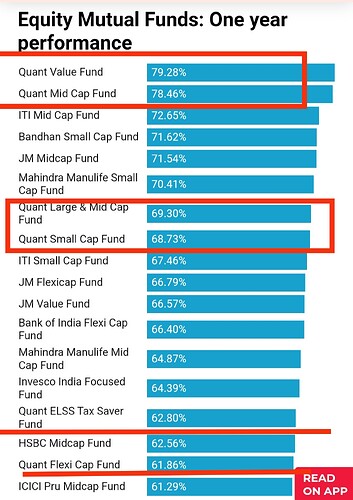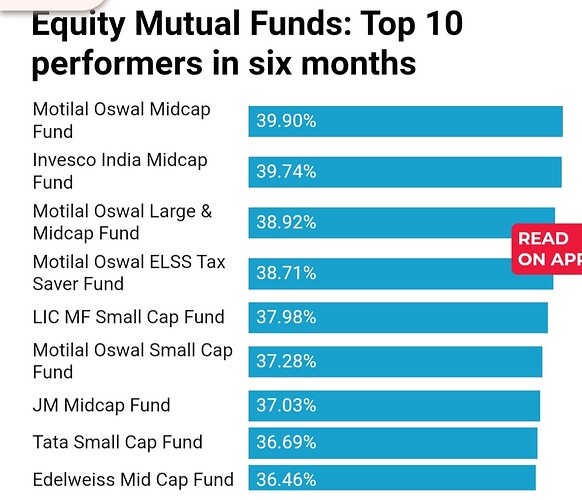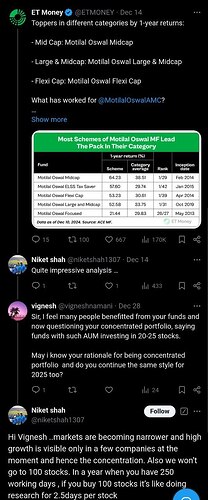Let me address your two points about the articles.
If you read the first article there is specific reference to psu banks and lots of fundamentals put forth by Mr Tandon stating why he thinks they can double. By the way you will never hear Prashant Jain using the word “double”.
In the same period they have added Hdfc and kotak bank to their portfolio. They were negative on hdfc bank early this year though.
So their view on banking sector has only become more constructive. There hasn’t been any adverse development on public sector banks both from macro and micro perspective in the same period. And it’s not that within six months public sector banks have generated any significant returns leading to profit booking at higher levels. So this u-turn on public sector banks can only be explained if one links this to election jitters and outcomes.
Similarly they extolled their macro theory about mining and metal sectors early this year, again highlighting their large holdings in stocks such as Hindustan Copper. Lots of fundamental arguments about their promising long term prospects. As per June data they have completely exited or reduced holdings in these stocks within a few months.
And post election total psu concentration in their portfolio has reduced dramatically which doesn’t jive well with their thesis of them being decadal stories.
I can give numerous examples of inconsistency and contradictions in their talk and walk. They have been reluctant to admit to the word “momentum” as core to their investment strategy, attributing their calls to fundamental analyses of macros, micros, using words like “decadal stories”.
Why not be honest and be transparent with your investors?
Also since their portfolio churn rate is through the roof, highest across any fund category, they still haven’t addressed that in any constructive way in any discussions. High churn rates are not only counterproductive to returns of a portfolio they also show lack of conviction of fund managers in their ability to stay true to a thesis for any appreciable time period.
And since mutual funds holding are public, many investors invest in a fund based on the portfolio construction. So if the portfolio construction changes more than 50% in a year it may also lead to early redemptions.
Debate around whether this approach is sound or not, scalable or not, proven or not, will only be settled in due course of time. But I wanted to provide a bit of more fact based color to this thread hoping that we see more detailed analysis of fund style and performances and not just focus on just their returns.




